At the start of 2010, the car industry was in tumult. The global financial crisis had caused major firms – notably GM and Chrysler – to collapse, car sales were declining and China was best known for making copycat knock-offs.
As the decade draws to a close, many of those challenges seem trivial as the industry battles with the turmoil caused by Dieselgate, new emissions regulations and, in the UK, Brexit. It hasn’t all been bad, though. Market changes have helped both premium and budget firms to thrive, the SUV boom has transformed a number of firms and cars are safer and greener than ever. As the decade ends, here’s a snapshot of how the car industry has changed since 2010.
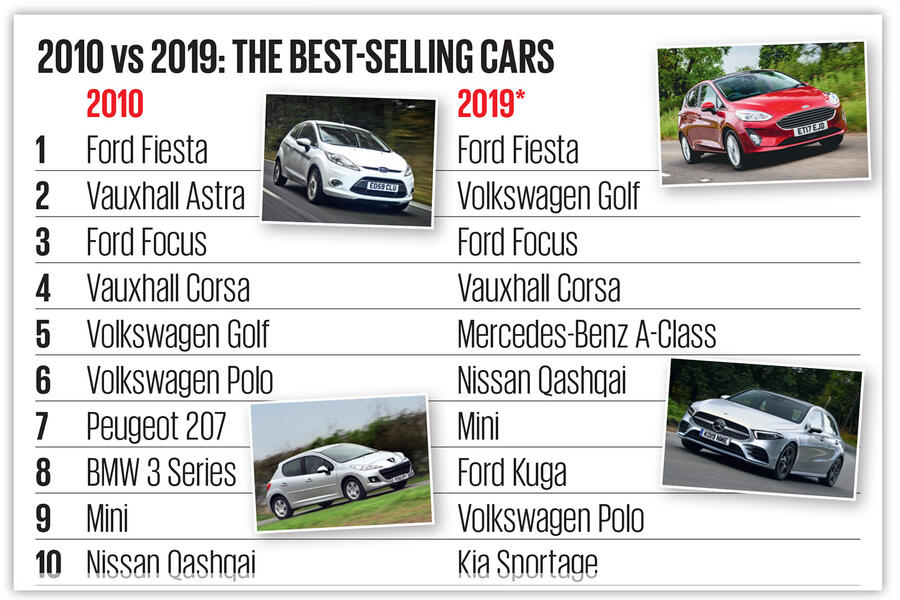
*Until the end of November 2019
MAKING HEADLINES IN THE 2010s...
Dieselgate
The 2015 revelation that Volkswagen Group brands had cheated emissions tests in the US rocked the industry, sparking a plummet in diesel sales that still continues. After a management clear-out, the Volkswagen Group has continued to thrive.
Tesla
In 2010, Tesla was a small EV firm producing a niche Roadster. Led by Elon Musk, it has grown to become one of the industry’s most disruptive – and controversial – companies.
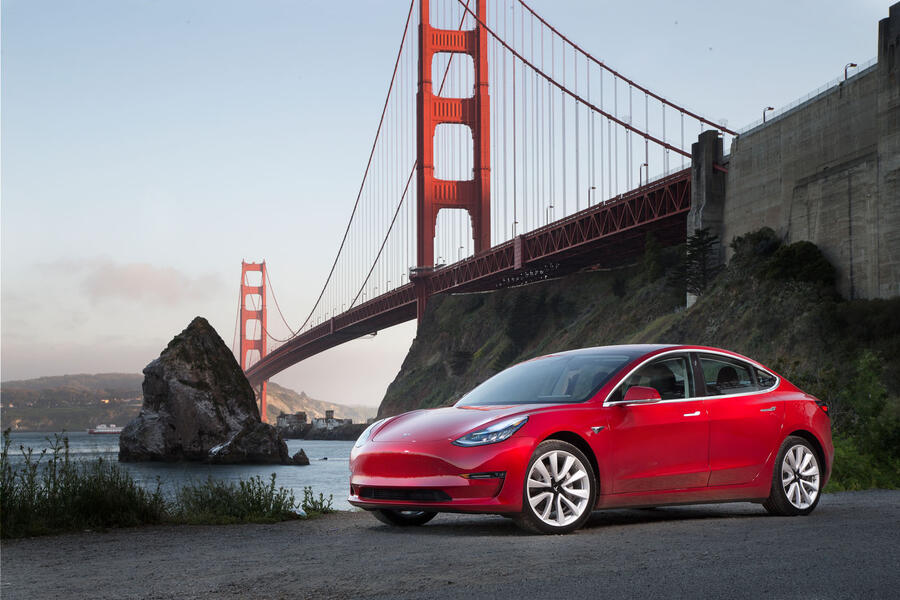
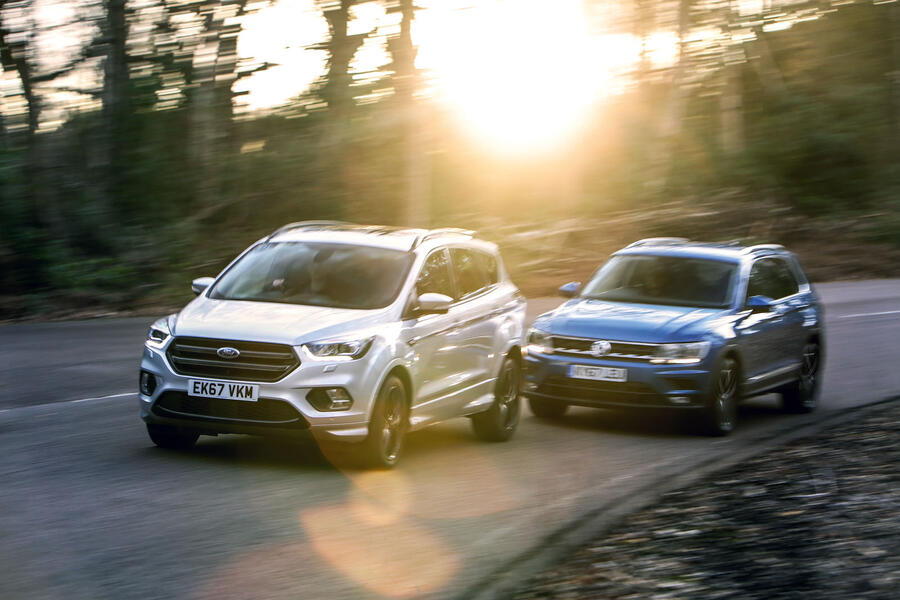

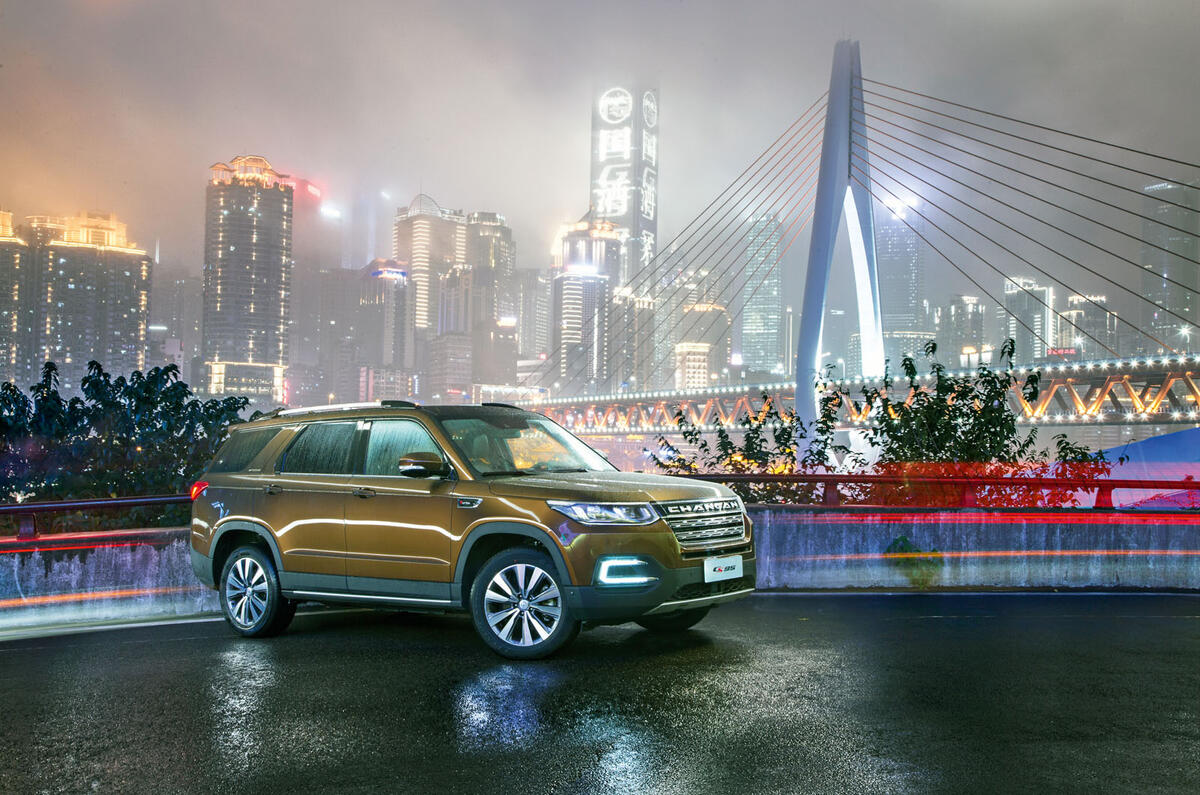
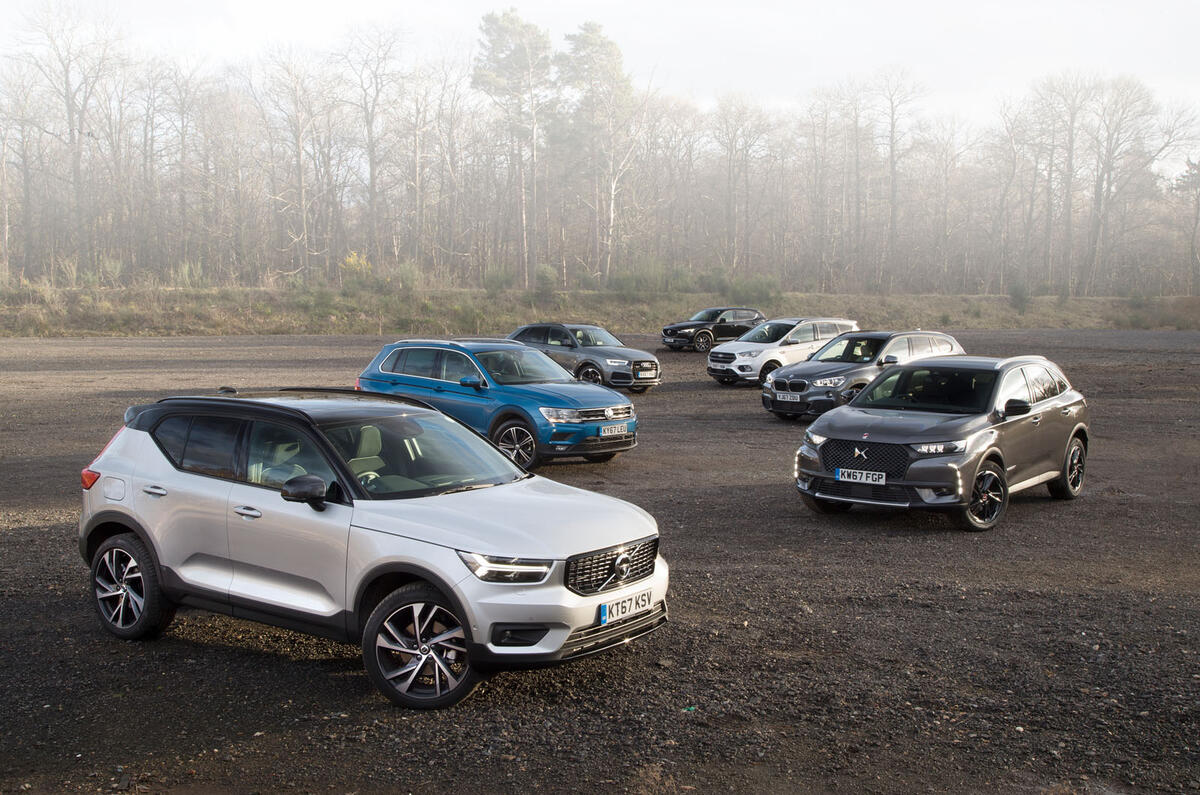
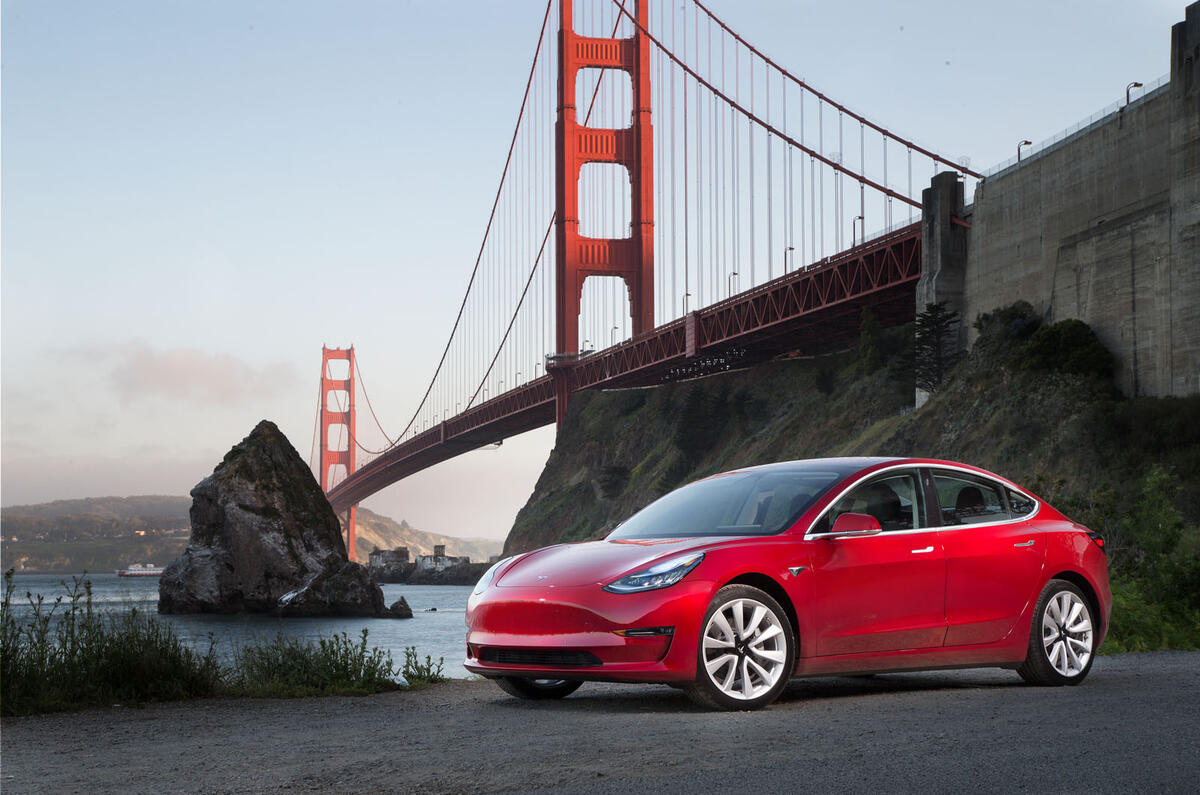
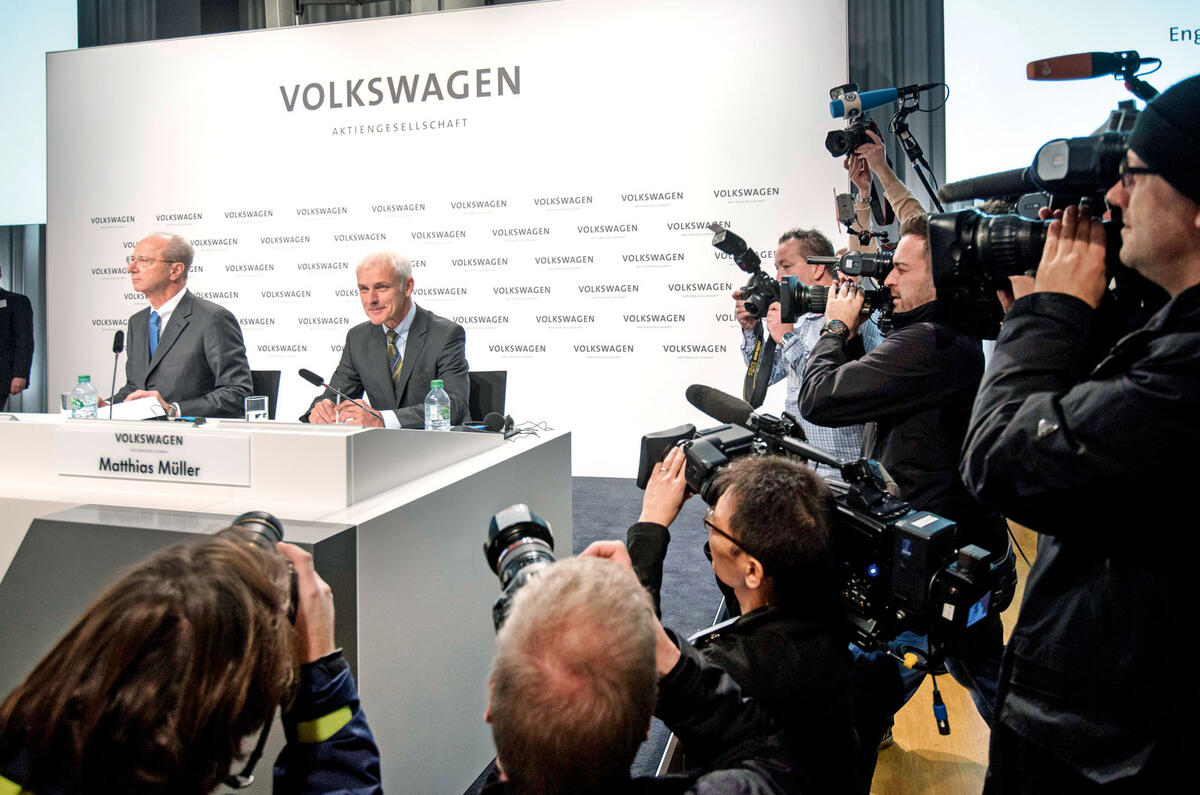
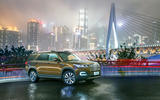
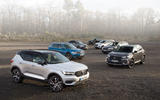
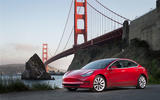
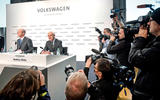

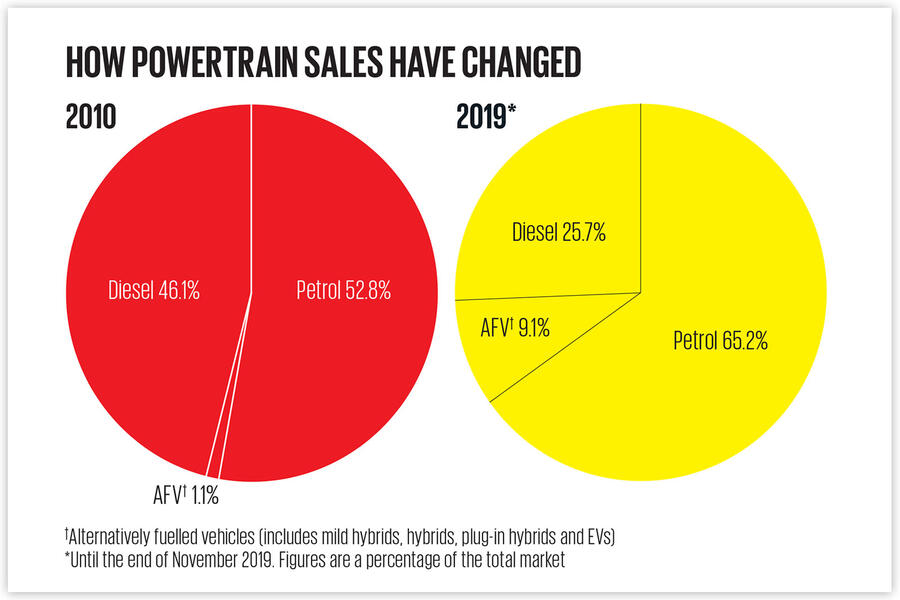
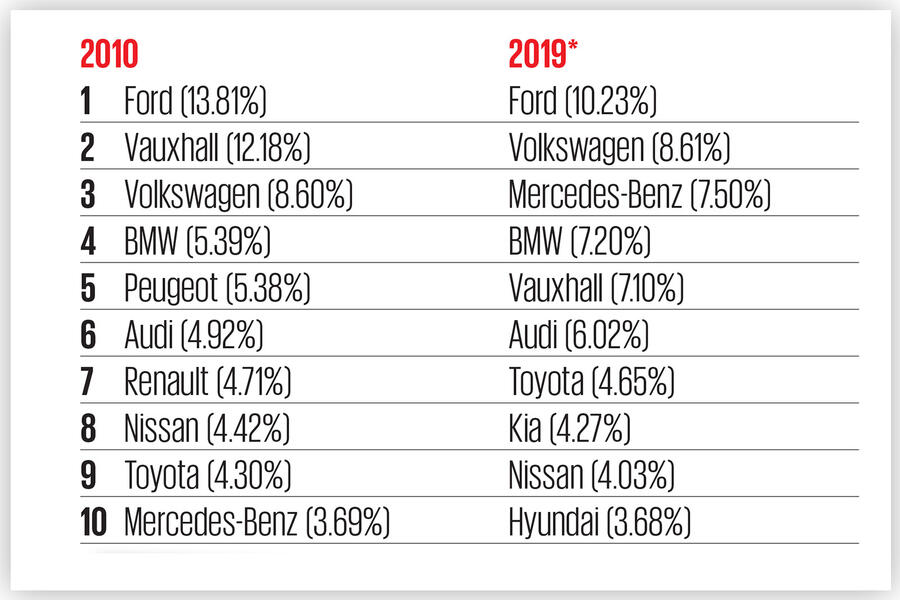
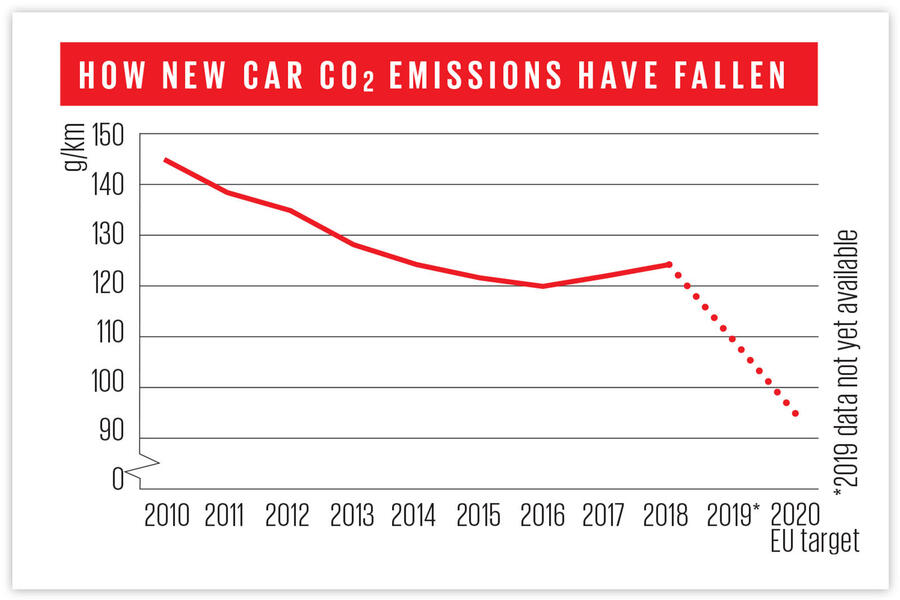

Join the debate
Add your comment
SUV's are definers
While it is true that the top selling cars overall are still B and C class hatchbacks, the companies that have gained market share are those that have (had) the most popular SUV ranges.
Where would Nissan be without the Qashqai and Juke for example?
Those brands with the most modern interpretations of the SUV/crossover class, are the ones doing best. Step forward Seat and Kia/Hyundai.
I love stats.
SUV's have taken over. True, they're everywhere but in both 2010 and 2019, 5 top selling cars were all B and C sector hatchbacks.
And despite Dieselgate and the supposed negativity toward VW, their Golf went from 5th best selling car to 2nd.